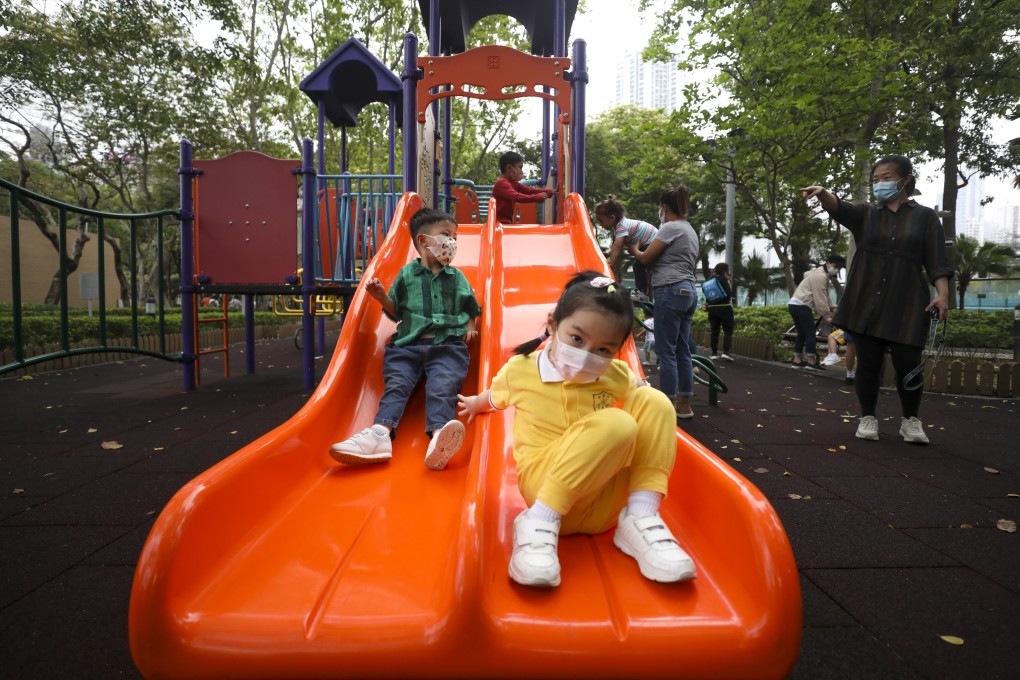Advertisement
Explainer | ‘Don’t wait to get vaccinated’: what Hong Kong parents need to know about Covid-19 jabs for children aged 5 to 11
- Medical experts say vaccination still key to protecting children from virus, help reduce severity of complications and cut down on transmissions
- It is safe for children to receive the vaccines unless they develop immediate allergic reactions after a shot or have a fever, they say
Reading Time:5 minutes
Why you can trust SCMP
31

This story has been made freely available as a public service to our readers. Please consider supporting SCMP’s journalism by subscribing.
Bookings for children aged five to 11 to receive the BioNTech vaccine opened in Hong Kong on Wednesday, as part of efforts to boost inoculation rates amid the city’s battle against a surging fifth wave of coronavirus infections.
Children in this age group will be able to receive the German-manufactured vaccine from February 16, while the Chinese-made Sinovac version is already available to them. However, only 19,245 children, or 5 per cent of those in the age group, had received the first dose of a Sinovac vaccine, and 105 children two doses as of Tuesday.
Advertisement
A survey released on Tuesday showed only one in 10 parents was willing to let their young children receive a Covid-19 vaccine, while an overwhelming 85 per cent were worried about the possible side effects of the shots.
Here, the Post explores some common concerns about vaccinations for children aged five to 11.
Why should children get the shots when the available vaccines are found to be less effective against the highly infectious Omicron variant?
Findings released by researchers from the University of Hong Kong and Chinese University in December last year showed that the BioNTech vaccine was far less effective at neutralising the Omicron variant of the coronavirus, which reduced the antibodies made by that vaccine by at least 32 times.
Advertisement
Select Voice
Choose your listening speed
Get through articles 2x faster
1.25x
250 WPM
Slow
Average
Fast
1.25x